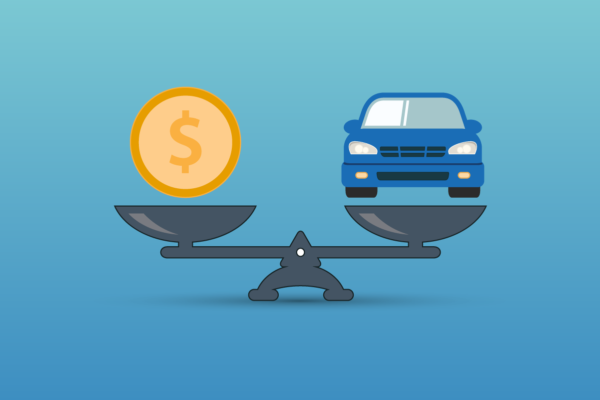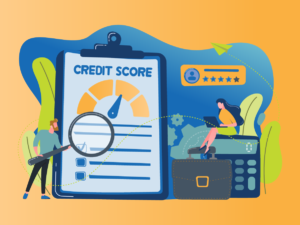Questions To Ask When Deciding Whether To Refinance Or Buy A Car
If you wish your auto loan payment were a bit lower, you may be inclined to try to find your way out of the deal, even if it means trading down or starting over. Depending on the vehicle and your financial situation, that might be the best option. But you should first consider refinancing your auto loan. Here are a few questions to ask yourself as you try and decide whether you should refinance or buy a car.
- Do You Love Your Car?
If you do, then refinancing could be right for you. It allows you to keep driving your car, hopefully with a lower monthly payment and better terms than you were originally able to secure.
- Is Your Car In Good Condition?
If your car is newer and not experiencing mechanical issues, that’s one good reason to keep it. Of course, on the flip side, if your car is starting to break down, trading it in for something else before the repair costs become untenable could be the better option.
- Has Your Credit Improved?
Yes, better credit means you may be able to get a better deal on a new car. But it also means you can likely refinance your current loan in search of a better interest rate. For example, if your original loan has a 10% interest rate, and you now can qualify for a 5% interest rate, you will see significant savings without having to go through the process of selecting and purchasing a new car. In fact, you can probably do the refinancing paperwork from your couch.
- Have Interest Rates Dropped?
Interest rates fluctuate all the time — depending on when you purchased your car, they could be much lower across the board, meaning you could qualify for lower rates, even with the same credit score. It is worth looking into refinancing in these situations. It could be an easy way to keep some of your hard-earned cash in your own pocket every month without needing to purchase a new car to take advantage of the newer rates.
- Did You Get a Competitive Rate When You Purchased?
Even those with the best credit in the world don’t always get the best rates. If you got your loan at the dealership, your rate depended on their finance department, the relationships they have with the banks, and a host of other factors. If you suspect you didn’t get a highly competitive rate the first time around, consider looking into refinancing to fix that situation. Why pay more than you have to?
- Has Your Financial Situation Changed?
Life is full of surprises, and a new job, marriage, childbirth or monetary windfall can change your finances (and creditworthiness) in an instant. If you can afford a newer, better vehicle, or if your growing family needs more seats, then purchasing a new car is probably a good option.
Conversely, any loss of income or new expense can compromise your ability to afford the vehicle you are in. But if lowering the total cost to purchase that vehicle can help, you should consider refinancing. “Giving up” on a vehicle only to buy another — even if it is less expensive — typically means handing it over to the titleholder with little or no recompense. You also forego the opportunity to sell your current vehicle once it is paid off.
If you are worried that refinancing your auto loan could hurt your overall credit, learn about how refinancing may affect your credit. You may be able to reduce your chances of having an issue when refinancing.
While purchasing a new car can be exciting, it isn’t always the best choice financially. Refinancing could allow you to reap the benefits of lower payments without the hassle and expense of buying a new car.







